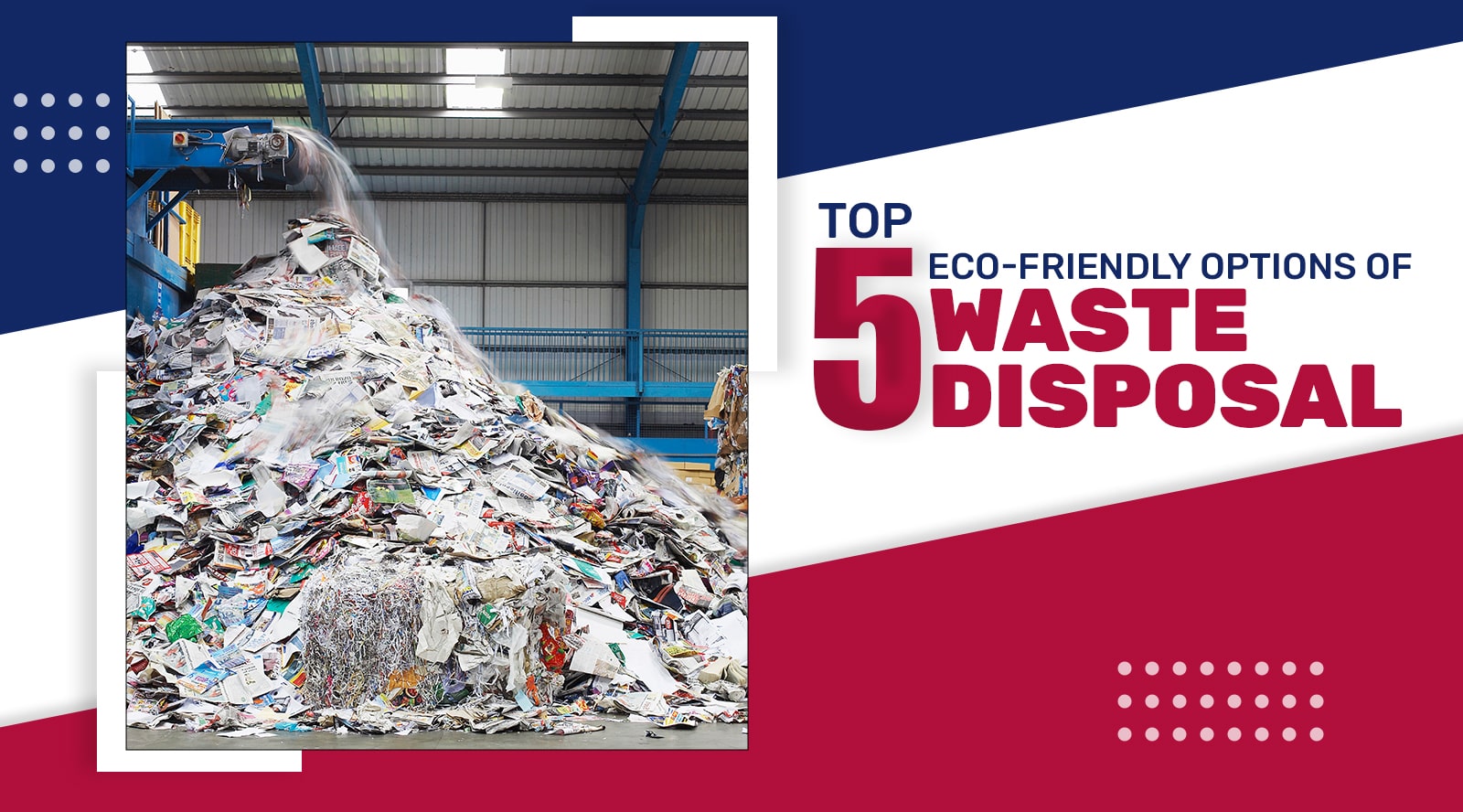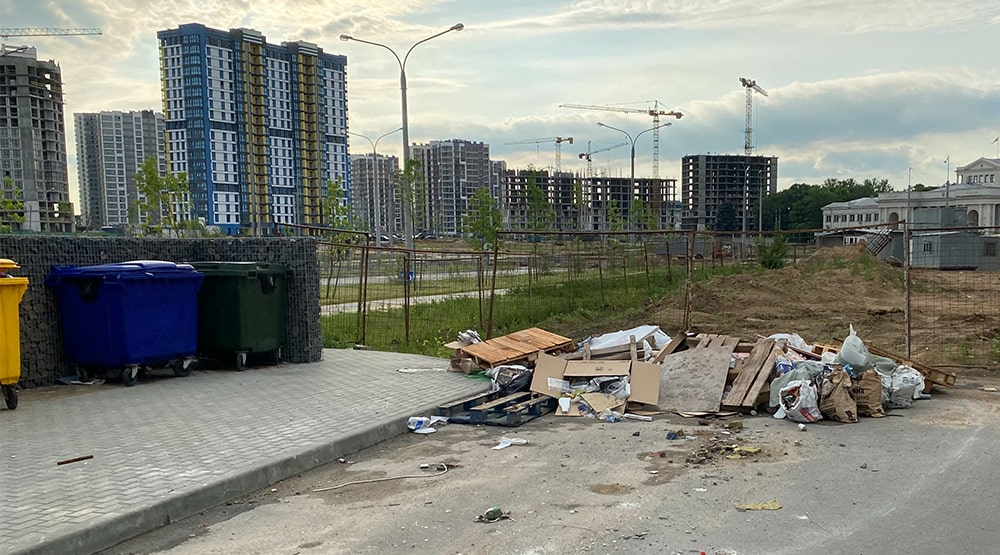
The numbers do not lie. Every year, UK households account for roughly 12% of waste generation. Waste producers, therefore, have a duty of care for the waste they generate. This means that they must adhere to the Waste Hierarchy during waste disposal in London.
Unfortunately, when it comes to waste disposals, there are no orderly disposal systems in place in many cities. Disposing of waste in an uncontrollable manner brings harm in our and our planet’s way.
Now the question is, “How to put Waste Hierarchy into practice if you are responsible for producing or handling waste?” The answer is - by disposing of waste in the recommended ways. In this guide, we discuss the standard options of waste disposal to help you gain an insight into effective waste management. But before that let us shed some light on the waste hierarchy.
The Waste Hierarchy: a Brief Overview
Effective waste management is incomplete without the knowledge of the Waste Hierarchy. Waste producers are liable to choose the most appropriate waste disposal option. While doing so, they must factor in the environmental and economical aspects. By understanding the Waste Hierarchy better, it is possible to manage waste in a way that it does not pose a threat to the nature and our economy too.
The Waste Hierarchy outlines the alternative solutions to landfills for effective waste management. It prioritizes the disposal methods keeping the environmental benefits in mind.
Preventing waste from producing is at the top of the inverted triangle. This indicates the need for an overall reduction in the amount of waste.
The next stage of the Waste Hierarchy is reuse. Once waste is created, it is important to classify and analyze which materials can serve as reusables.
Then comes recycling, the third stage. This entails transforming waste into a new material.
Incineration lies near the bottom of the triangle as it is not a very much preferred method of waste disposal.
Landfilling is the last and least favourable option for waste disposal.
- Recycling
Recycling is the most preferred method of waste disposal, covering a wide variety of waste materials. This includes food waste, metal containers, rigid plastic products, glass jars & bottles, among others.
The reason behind why recycling is the most sought-after method is that it contributes to a large extent to energy conservation of raw materials. It uses considerably less energy to produce raw materials.
Above all, it helps to protect our planet by reducing the levels of greenhouse gas emissions.
- Plasma Gasification
Technologies continue to enrich the era that we live in. This grants us the opportunity to deal with waste better. What used to be an old method of burning waste to produce fuel is today’s modern plasma gasification technology.
Today, waste-to-energy seems to be the holy grail, and the added benefit of generating energy by burning waste makes more sense than ever. Converting waste into energy is more than just a renewable energy option. Its practicality exceeds far beyond the most promising solar developments to date.
- Incineration
No doubt, burning waste to produce electricity is key to reducing the carbon emissions from waste treatments. Today, businesses and public bodies are considering this method an alternative to landfilling, especially plastic. A large share of the inert waste remaining after burning goes to recovery to ensure separation of metals and impurities removal. On top, it cut downs the need to burn fossil fuels in conventional power plants.
- Composting
It is a biological process of decomposing the organic food parts & garden waste into nutrient-rich compost. You can use the compost for your plant’s growth & development.
The key benefit of composting waste is that it prevents the release of harmful greenhouse gasses, while significantly reducing the impact of global warming.
- Landfilling
Waste that is not ideal for recycling or reusing ends up in landfills. There are specific guidelines you must follow before sending trash off to landfills. Waste collectors and operators usually:
- Categorize waste as hazardous or non-hazardous
- Ensure that a landfill has enough area for waste
- Ensure proper waste treatment
How Can Waste Removal London Help?
With cities remaining the source of a large amount of waste, managing waste in an eco-friendly way becomes all the more necessary. Today, the way we produce, and deal with waste
Waste Removal London aims to drive change in the way people deal with waste. We are committed to delivering eco-friendly waste management solutions to clients. In an attempt to save the planet from global warming, we ensure that the best waste removal and recycling practices are in place while we operate waste.
Whether you are a public body or a business, working with a licensed, certified waste management company like us pays off. So, why not work together while we aim for a sustainable future where we all thrive and coexist with Mother nature with pride.






